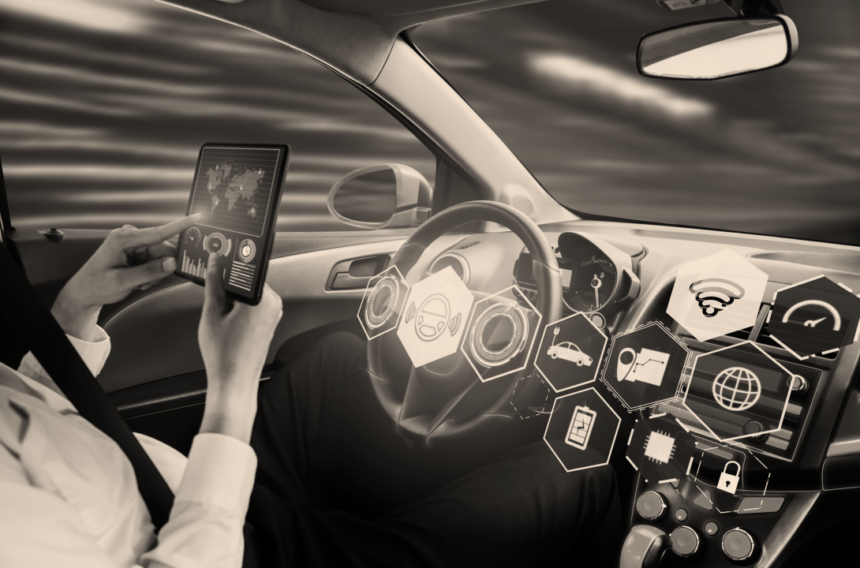The rise of autonomous vehicles (AVs) promises a significant transformation of our transportation landscape. With self-driving cars taking the wheel, road safety is expected to improve dramatically. However, this technological leap will also have a profound impact on the car insurance industry. Let’s delve into the potential consequences of AVs on car insurance.
A Shift in Risk:
Traditionally, car insurance premiums are heavily influenced by driver behavior. Reckless driving, speeding, and a history of accidents all lead to higher insurance costs. However, with AVs, the responsibility for safe operation falls on the technology and its manufacturers. This shift in risk paves the way for several potential changes:
- Reduced Premiums: If AVs significantly reduce accidents, insurers may offer lower premiums, reflecting the decreased risk of claims. Safer roads could translate into significant savings for policyholders.
- Focus on Technology: The focus of car insurance might shift from driver history to the technology powering the AV. Insurance companies may assess the safety record of specific AV models or manufacturers when determining premiums.
- New Coverage Options: New insurance products might emerge to cover potential malfunctions, cyberattacks, or software glitches related to AV technology.
Challenges and Uncertainties:
While the potential benefits are promising, there are also challenges and uncertainties surrounding AV insurance:
- Liability in Accidents: In the event of an accident involving an AV, determining liability becomes complex. Was it a malfunction of the technology, an error in external mapping data, or some unforeseen circumstance? Legal frameworks need to be established to address these complexities.
- Data Security Concerns: AVs rely on a vast amount of data for navigation and decision-making. Data breaches or cyberattacks could potentially compromise the safety of AVs, raising new insurance considerations.
- The Transition Period: The widespread adoption of AVs will likely be a gradual process. During this transitional period, where both traditional and self-driving cars share the road, insurance companies will need to adapt their policies to accommodate this mixed environment.
The Future of Insurance:
The impact of AVs on car insurance is likely to be multifaceted. Here’s a glimpse into what the future might hold:
- Usage-Based Insurance (UBI) Might Gain Traction: UBI programs, which base premiums on actual driving habits, could become more prevalent as the role of the driver diminishes. Factors like distance traveled and time of day might still influence insurance costs.
- Focus on Shared Mobility: The rise of AVs could accelerate the growth of car-sharing and ride-hailing services. Insurance models might be tailored specifically for these shared mobility platforms.
- Collaboration Between Industries: Insurance companies, car manufacturers, and technology developers might need to collaborate to create comprehensive insurance solutions for the AV era.
Conclusion
The arrival of autonomous vehicles is poised to disrupt the car insurance industry in a significant way. While challenges exist, the potential for safer roads and fairer pricing is undeniable. As AV technology evolves and regulations adapt, the car insurance landscape will transform to accommodate this driverless future.





